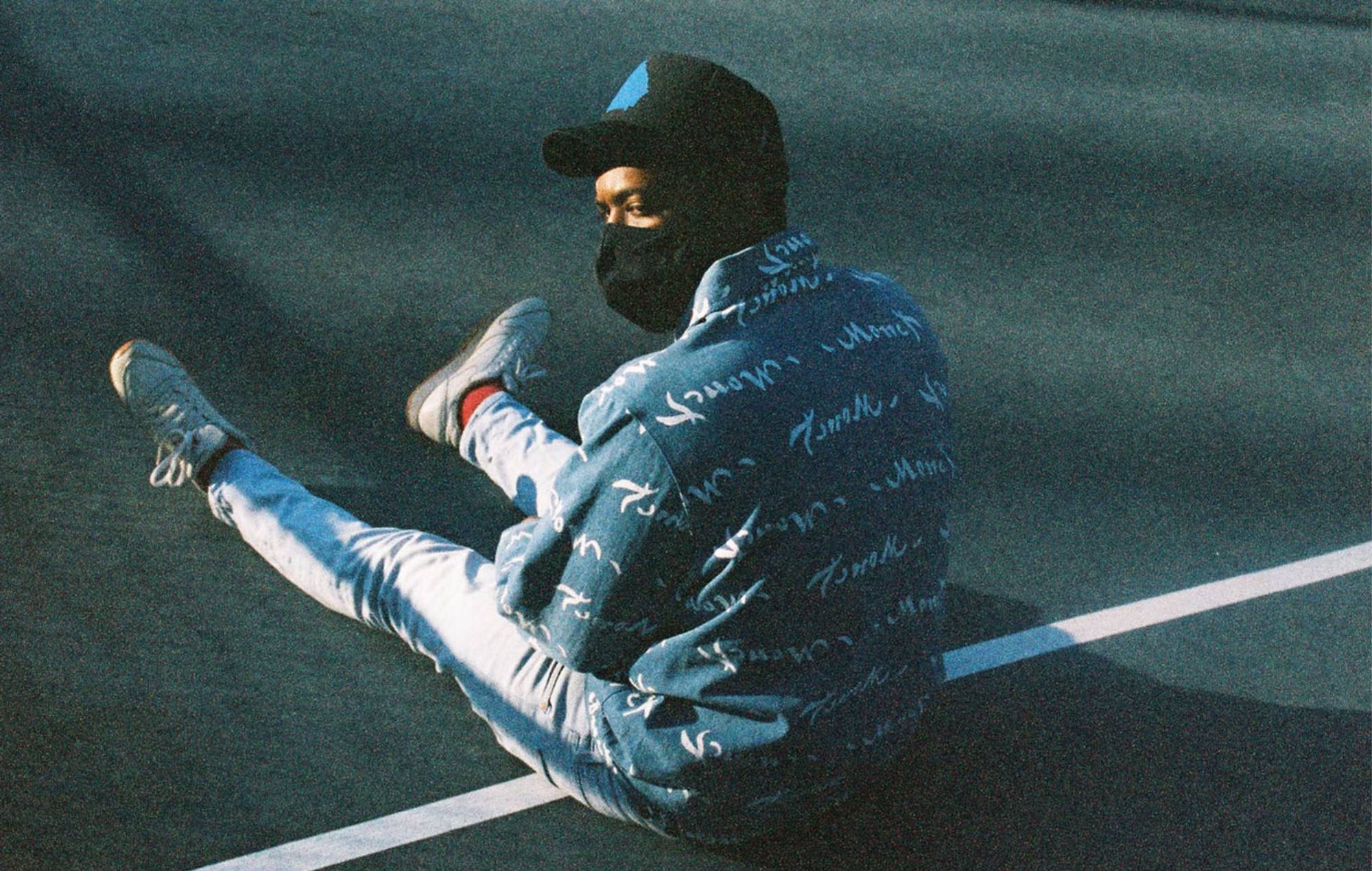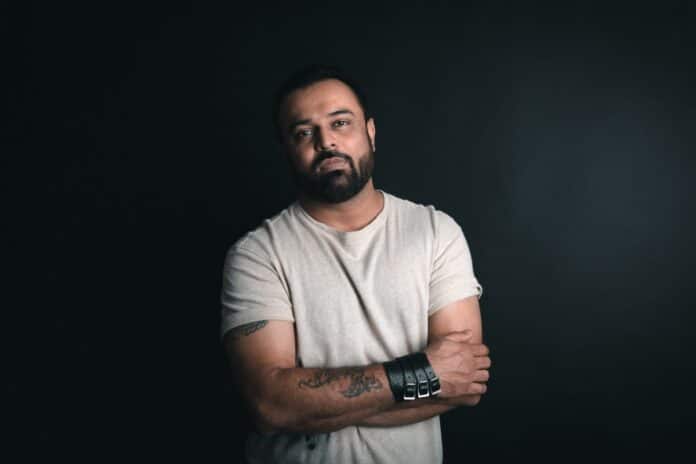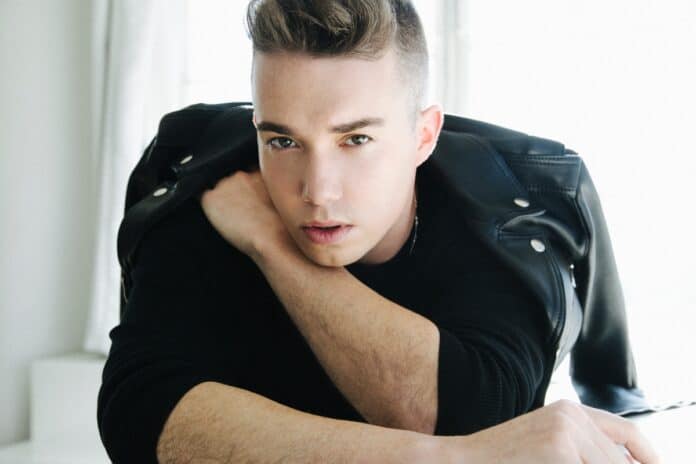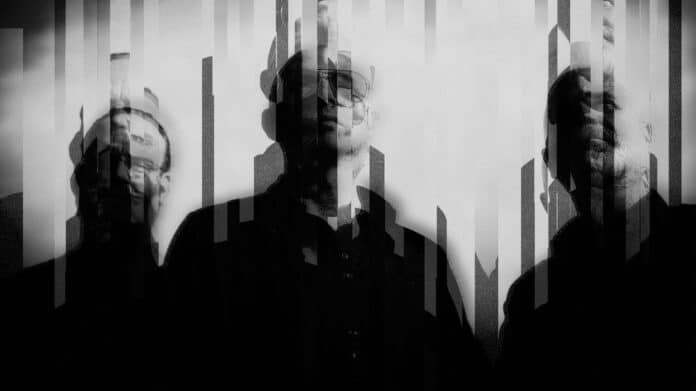
NOT THE TWOS: meet Kendrick Lamar’s new favourite artist and producer
If you haven’t heard of NOT THE TWOS yet, you can be let off the hook. After all, Chicago producer Tim Maxey has only relatively recently decided to go it alone as a one-man band, readying a solo project, ‘A Girl That Sold Drugs’ (due later this year), that features a number of tracks that he “doesn’t want to [see] die on my computer”.
You may recognise Maxey’s debut solo single as NOT THE TWOS, ‘PARADISE’, from Kendrick Lamar’s ‘United In Grief’, the first track on the Compton rapper’s fifth studio album ‘Mr. Morale & The Big Steppers’. Maxey, who is now based in Atlanta, was headhunted by Lamar after the latter heard his production work on Baby Rose’s 2019 LP ‘To Myself’. One of three production credits for Maxey on ‘Mr. Morale…’ (along with ‘Count Me Out’ and ‘Mirror’), ‘United In Grief’ also opened Lamar’s dazzling Glastonbury headline show in June, which Maxey says was an “extremely cool” moment that has further inspired him to one day reach the rapper’s heights.
“I understand that as an artist there are steps that need to be taken to get to [Lamar’s] level, and I think being able to work on Kendrick’s album is kind of a cheat code or a shortcut in that way,” he tells NME.
With a second solo single, the punchy ‘HAHA!’, out today (August 24), Maxey is ready to run with the momentum that’s building around his unique amalgamation of R&B, rock and synth-based sounds. NME caught up with Maxey/NOT THE TWOS to discuss his joint love for movies and The Beatles, and how he isn’t feeling the pressure when it comes to living up to his production discography with his solo material.
NME: Many people will have been introduced to your work on ‘Mr. Morale & The Big Steppers’. Does it bother you that people may think you’re Kendrick’s discovery?
“I don’t know: I’ve only released one song so far, so I guess time will tell. I think NOT THE TWOS is a different world musically than [Lamar’s] world. I believe the records that are going to come out in the future are going to draw large gaps [between the music he’s already produced]. I do believe, right now, [‘Mr. Morale & The Big Steppers’] will be a footnote in my larger story.
”When I met Kendrick, I came to the studio with another artist [Baby Rose] that I was working with. It was a very calm and peaceful environment, only about three or four people, and [Kendrick] showed us a concept behind a song he was working on, so I had a better understanding of how he approaches his writing. I got to see some of [Kendrick’s musical] layers [being] pulled back. I told him about some of my formal background in learning music, and he said, ‘You have to know the rules to break them’. To me, it felt like he really takes this seriously – he wants to build on all the great artists that have come before.”
You’ve also worked on production for the likes of Summer Walker and Robert Glasper. Do you feel any pressure to make that same magic for yourself?
“I don’t feel any pressure about that. I look at making my music like making a film, but in a musical way. I just want to share what I’m doing. These are songs that I can’t hear anyone else on apart from me. I don’t want them to just die on my computer, so I think it’s worth putting in the effort to release them now.”
How does film and music interlink for you, then?
“I like the approach [of film directing] because we’re all working on the same medium. I like the stories, particularly with Martin Scorsese and Spike Lee, and how provocative they are. They serve as an inspiration for ‘A Girl That Sold Drugs’, like [Scorsese’s] Taxi Driver: I love the pacing, the lighting and the colours. I love how wide-ranging cinema is and how much of a spectacle it is, and it influences how big and wide-ranging my sound is.
“I’m also really interested in scoring films. I’ve started working with A24 Films: I love that production company, and the TV shows and movies they produce. I want to learn so much more about [A24] because it feels like they’re super-connected to fresh ideas. They’re about producing content that is culturally cool and rich. That’s why I want to work with them in music supervision, scoring and possibly writing. I feel like they’re the future.”
“I look at making my music like making a film”
Where do you get your self-belief from?
“Yeezy taught me [how to be confident]. He said, ‘You should believe in yourself as you are the best you ever. You are the only you. There will be nobody else like you ever again in human history’. I know who I am in the world and what I’ll become. So a part of me is still unsatisfied because I’m still not where I want to be yet. I got into music because I, frankly, liked and loved songs, like most people – it’s a beautiful art. I feel like that’s an understatement. But I started producing because I wanted to be a part of that legacy. I wanted to be a part of people’s lives.”
Another key influence for you is The Beatles. What does that band mean to you?
“They’ve inspired me songwriting-wise. Watching the [The Beatles: Get Back] documentary that came out not too long ago, it was really cool how the songs feel like they live with Paul [McCartney]. Nowadays, songs feel like they live in your computer, but [The Beatles’] songs are with him. His ability to just know how to make the songs that he wanted to record, and the simplicity of them — how they’re all written about love and life — that just makes things more interesting.”
How does it feel to be adding to the musical legacy of Chicago?
“I mean, the history goes back to Quincy Jones, Earth, Wind & Fire [and] Donny Hathaway. As far as rappers go, there’s GLC, Crucial Conflict [and] Kanye West. There’s a huge musical history that comes from Chicago, and it’s still influential. I’m currently writing my own legacy, and hopefully I get to be as impactful, if not more, as the greats that came before me. But, right now, it’s all about having fun. Not everybody likes [every genre], and you can’t live your life trying to please everybody. Also, the world is a bit smaller and more connected [now], so the impact is more global than it used to be.”

Where else do you draw inspiration from?
“I think I’m more interested to see what people think and what they see [with my music]. ‘PARADISE’ reminds me of pyramids, hanging in Egypt, or crossing a dune: that’s the image that’s in my head when I listen to my music. I’m influenced by Kanye West, Hans Zimmer, the whole Motown legacy, Prince: everybody who’s ever made a really good song. But it’s all about how I make others feel, it’s all about perspective. The songs I make for myself are naturally more cohesive as far as story and sound [go]. I’ve made really great songs with other artists, but sometimes you have two different perspectives depending on what the mood is. It makes for good contrast, which is a gem in its own right.”
What do you want to achieve with your debut album?
“There’s so much more that I’m working on, but I don’t want to share it all at once: I don’t want to overwhelm people. This album particularly has a less-is-more approach with fewer instruments. I want to create a world that I grew up listening to, so this album is very nostalgic in a way. It reminds me almost of a coming-of-age energy, but it’s very simple and very fun. It can also get emotional and very ballad-y. I will say the world inside ‘A Girl That Sold Drugs’ is not so common, and that’s what I can’t wait to build on.”
NOT THE TWOS’ new single ‘HAHA!’ is out now




